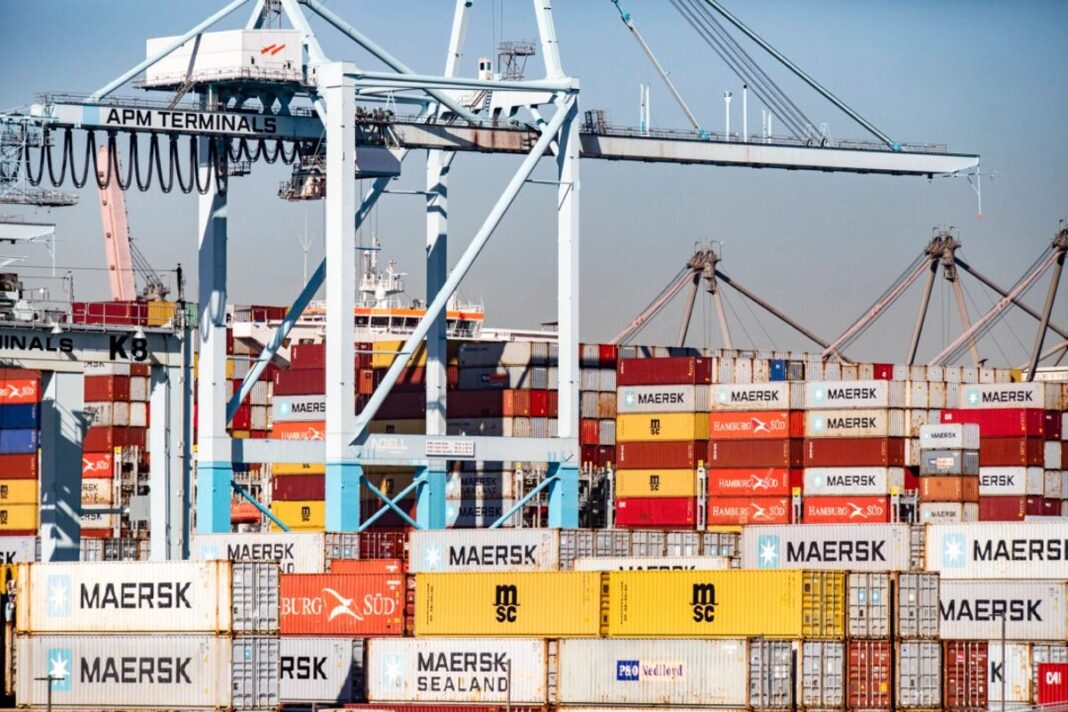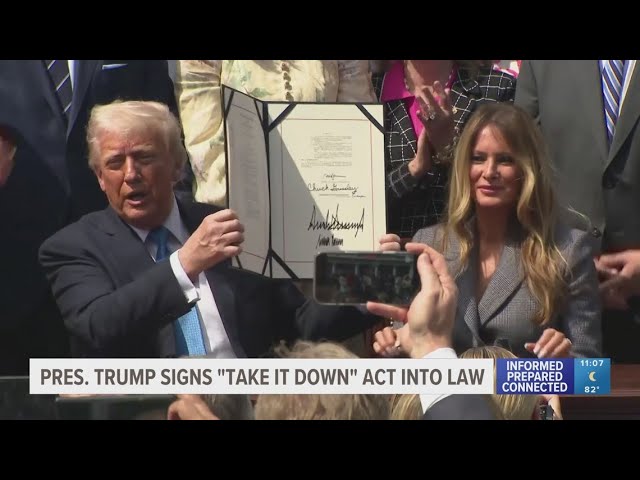‘Lots of businesses are collapsing. It’s a huge impact,’ small business owner Katy said of the situation in China.
As the trade war between the United States and communist China continues to unfold, many Chinese Americans—who often base their small businesses on imports from China—are weighing their options. Some expect to survive the price hikes, some will consider sourcing their goods elsewhere in Asia, and still others are pondering closing down.
Since entering office, President Donald Trump imposed a slew of so-called reciprocal trade measures on China that significantly hiked U.S. import prices. He raised tariffs on Chinese imports to 145 percent in April, while China retaliated with a 125 percent levy on American goods, effectively raising a trade embargo. Within weeks, both countries agreed to a 90-day truce, though Trump still left in place a baseline 30 percent tariff.
In anticipation of the tariffs, importers have stocked up, several Chinese Americans who run small businesses told The Epoch Times. Now, they just wait to see how the trade war shakes up. They all asked for their real names not to be used, given their contacts in China.
“People are waiting, hoping there’ll be a more reasonable price later,” said Mary, who imports Chinese translations of English-language books from China.
Like many small businesses, she uses a shipping service where people pool their orders together to fill a whole shipping container. In her case, it’s the shipping company covering the import duties, she said.
“As early as mid-March, they had already started raising prices,” she said. “They knew the tariff hike was coming.”
She was glad to receive her shipment at all, hearing rumors that some cargo ships had turned around halfway through their trip and returned to China, with some even dumping their cargo into the ocean.
“I can’t confirm any of that,” she noted.
Mila, who sells clothes, toys, and accessories, usually only makes one large order from China every few years. Recently, however, she needed some merchandise on a short notice, and had the packages sent through airmail.
Small packages from China, however, have been slapped by Trump with a special 120 percent duty to crack down on Chinese companies like Temu that have been taking advantage of the de minimis duty exemption for low-value packages.
“I must pay the tax within five days, otherwise the package will be returned,” Mila said she was told by the shipping company.
“No one’s using small parcels anymore, from what I know,” Mary said.
“Even export companies aren’t going that route. Everyone rushed—really rushed hard—to get small packages into the U.S. before May 2 [when the duties kicked in].”
Tariffs of such magnitude would force Mila to substantially increase prices. Some clothes may be $5-10 more expensive. Many other articles would more than double in price, “which will be impossible to sell,” she said.
“Maybe I’ll find another job.”
By Petr Svab








